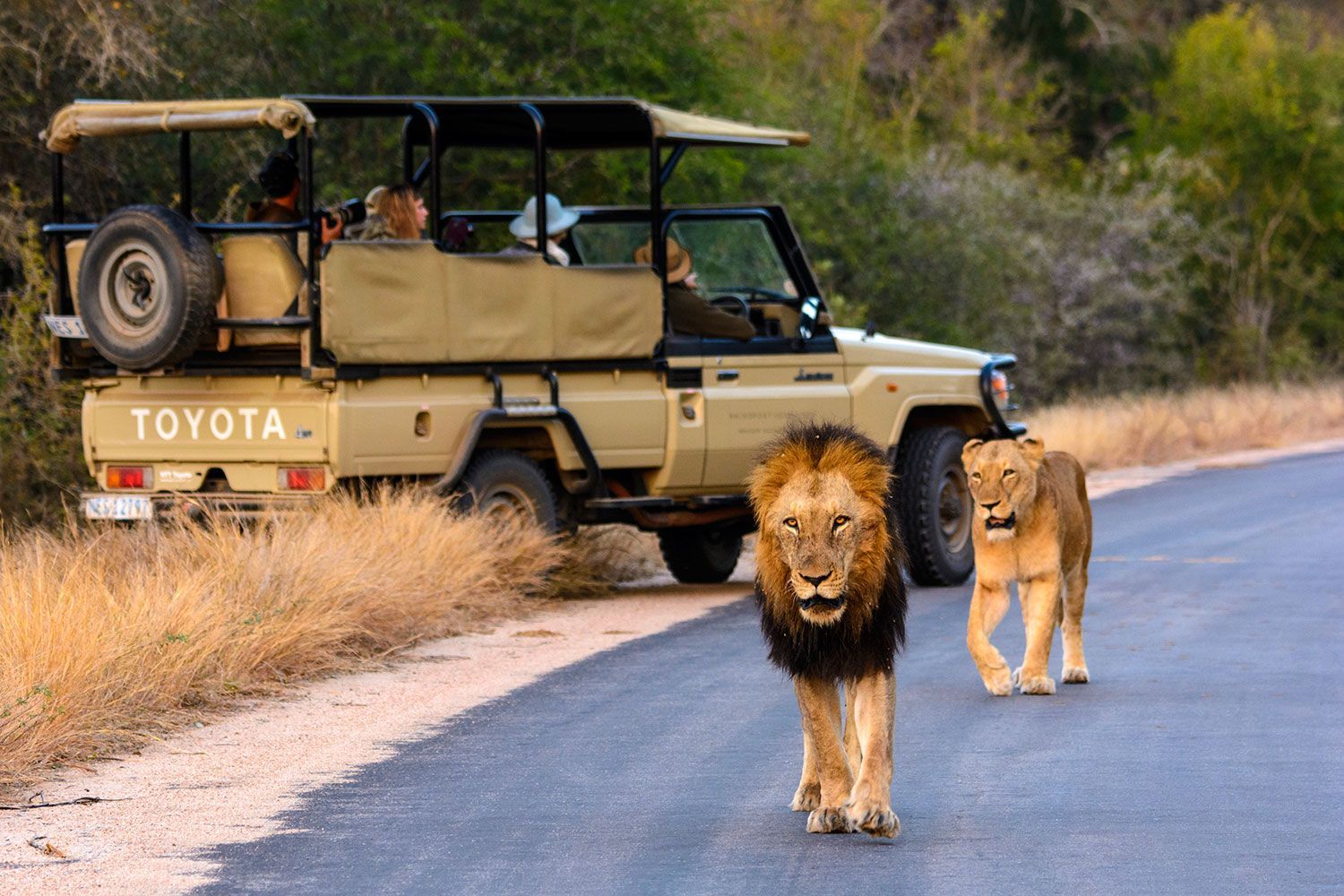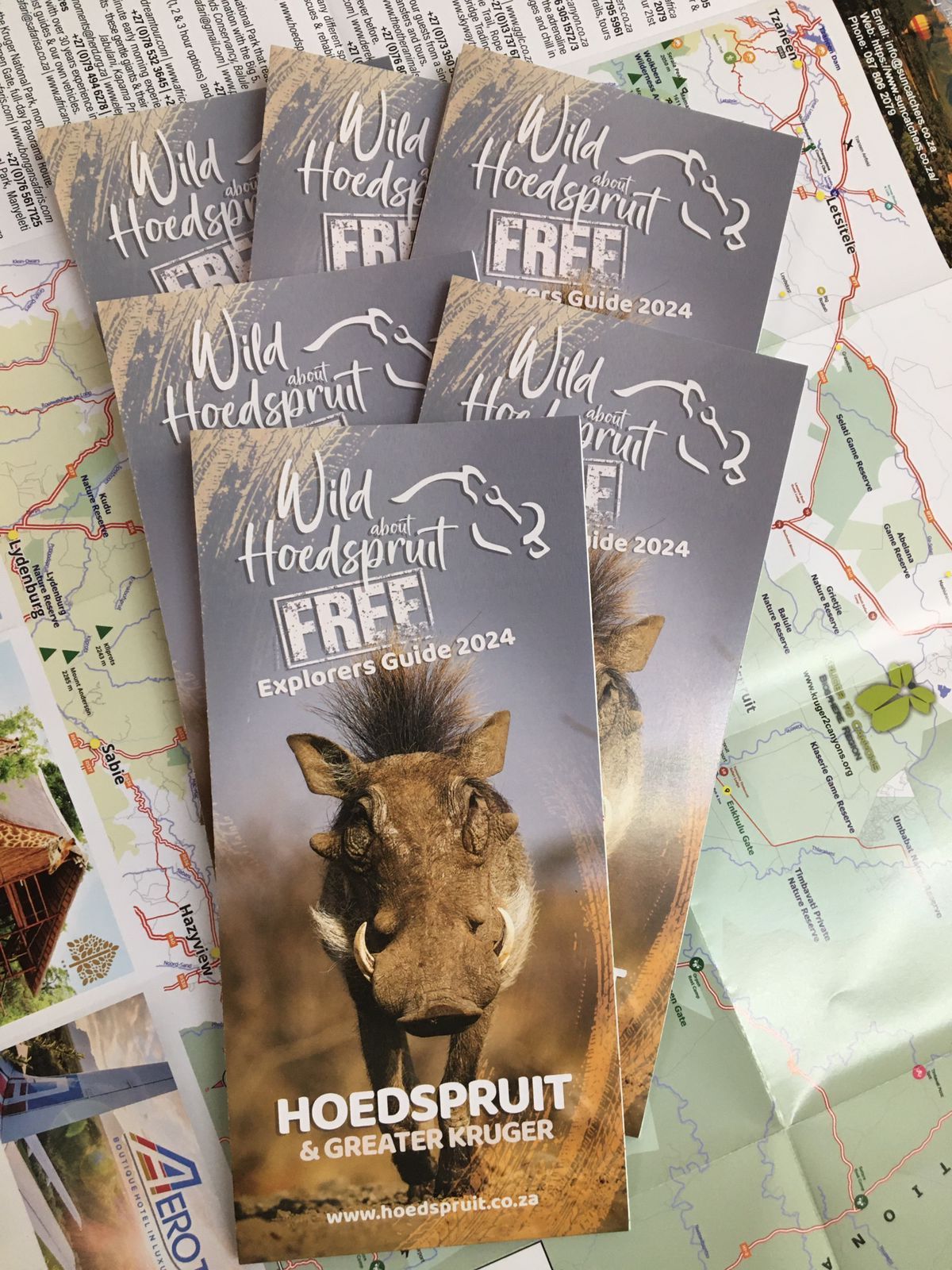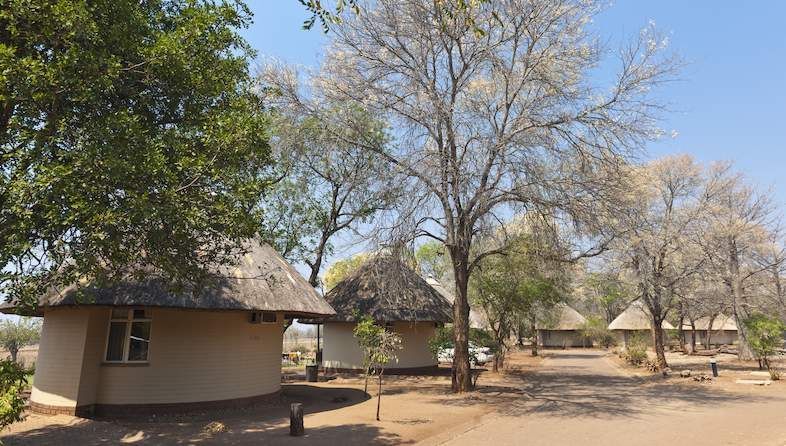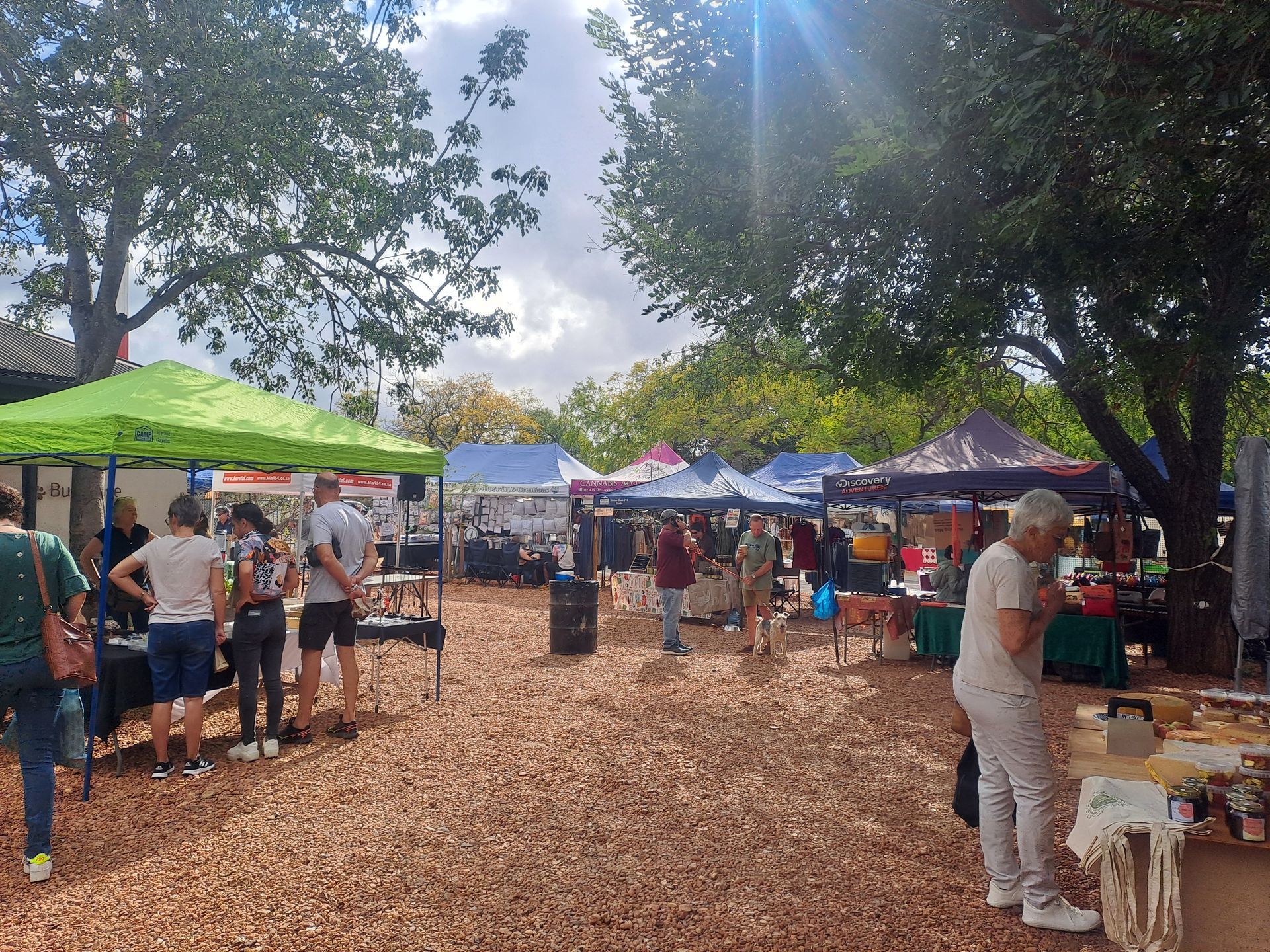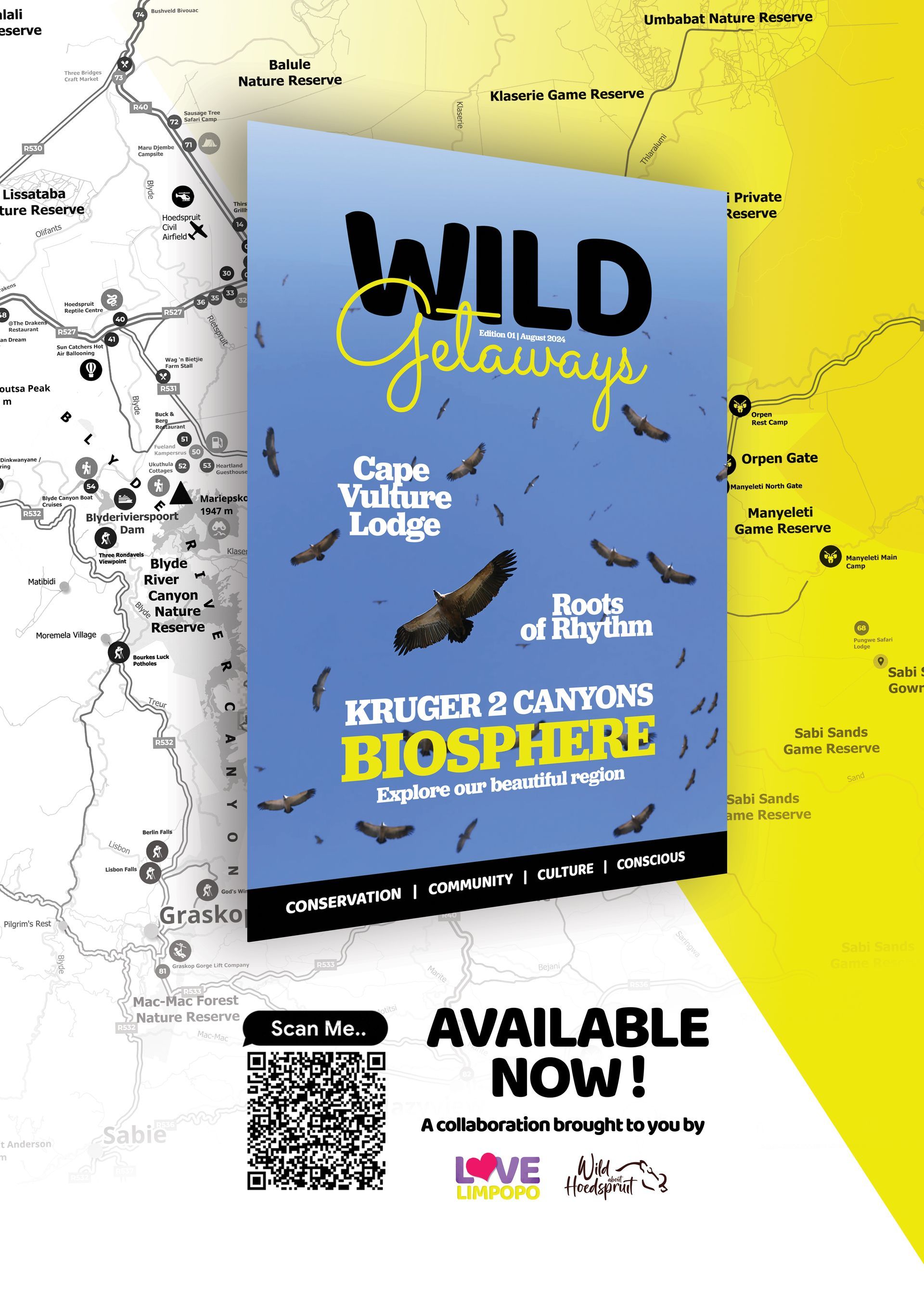The African Fish Eagle in Kruger National Park: A Complete Guide
The African Fish Eagle, with its distinctive call and majestic presence, is a symbol of Africa's waterways. This guide provides valuable insights into the identification, behaviors, and significance of encountering this iconic bird of prey in Kruger National Park.
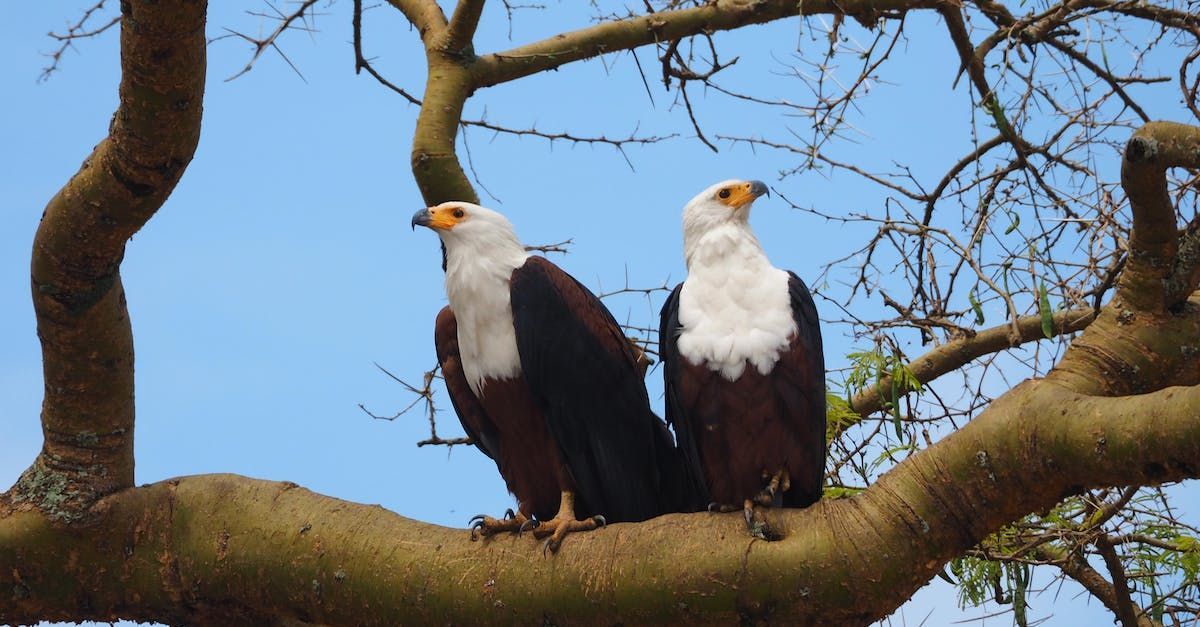
Why It's an Exciting Species to Encounter in Kruger
The African Fish Eagle's impressive aerial displays, striking appearance, and association with water make it an exhilarating species to observe in the diverse ecosystems of Kruger National Park. Its presence adds a touch of wild beauty to the park's landscapes.
Identification
Physical Characteristics
The African Fish Eagle is recognized by its striking appearance, featuring a predominantly brown plumage, white head, and distinctive yellow beak. Adults have a white tail, contrasting with the dark flight feathers, making them easily identifiable in flight.
Unique Features for Easy Identification
The most distinctive feature is the combination of the white head and yellow beak. In flight, the white tail is conspicuous. When perched, the outstretched wings reveal a characteristic white V-shape on the upper side.
Fascinating Facts
Interesting and Lesser-Known Facts about the African Fish Eagle
The African Fish Eagle is renowned for its distinctive, melodious call that echoes over lakes and rivers. Despite its name, it is a versatile hunter, preying on fish but also taking advantage of waterfowl and scavenging opportunities. Its presence indicates healthy aquatic ecosystems.
Its Role in the Ecosystem
As a top predator along waterways, the African Fish Eagle helps regulate fish populations, contributing to the overall health of aquatic ecosystems. Its presence is an indicator of the water's vitality and the abundance of fish stocks.
Habitat and Range
Where in Kruger Can You Find the African Fish Eagle?
African Fish Eagles are commonly found near large bodies of water, including rivers, lakes, and dams, across Kruger National Park. Look for them perched on prominent trees or gliding over water surfaces in search of prey.
Preferred Habitats and Behaviors
They favor habitats with abundant fish populations. While perched, they maintain a keen eye on the water, ready to swoop down to snatch a fish near the surface. Watch for their impressive dives and powerful talons seizing prey.
Best Times for Sighting
Seasonal Variations in Visibility
While present year-round, sightings may increase during the dry season (May to September) when water sources shrink, concentrating fish and making them more accessible. The reduced vegetation enhances visibility along waterways.
Preferred Times of the Day
African Fish Eagles are most active during the early morning and late afternoon. These times coincide with optimal fishing conditions and are ideal for observing their hunting prowess and witnessing their majestic flights.
Behavior and Social Structure
Behavioral Patterns and Interactions
Known for their acrobatic flight displays, African Fish Eagles engage in territorial and courtship flights, showcasing their agility and skill. While often solitary, they maintain monogamous pair bonds, and pairs are known for synchronized calling.
Social Dynamics
Pairs maintain exclusive territories and demonstrate strong bonds through coordinated calls and flights. Breeding pairs invest time and effort in constructing nests, usually located in large trees with clear views of the surrounding water.
Conservation Status
Current Conservation Status
The African Fish Eagle is categorized as "Least Concern" on the International Union for Conservation of Nature (IUCN) Red List. However, localized threats such as habitat degradation and water pollution could impact specific populations.
Any Particular Threats or Challenges the Species Faces
Habitat loss due to deforestation, water pollution, and disturbance around nesting sites are potential threats. Conservation efforts focus on preserving suitable habitats, minimizing human disturbance, and monitoring water quality.
Tips for Spotting
Key Signs to Look For
Listen for the distinctive, evocative call near water sources. Scan the skies and treetops around lakes and rivers. Look for their characteristic hunting behavior, with sudden descents to snatch fish from the water.
Popular Regions within Kruger for Sightings
Prominent lakes such as St. Lucia, and major rivers like the Sabie and Crocodile, are excellent places to spot African Fish Eagles. Regions with diverse aquatic ecosystems, including Lower Sabie and Lake Panic, provide promising opportunities.
Encountering the African Fish Eagle in Kruger National Park is not just a birdwatching experience; it's a connection to the vitality of the park's waterways. Observing these magnificent raptors in action underscores the importance of preserving aquatic ecosystems.
Additional Resources
Share This Article
Quicklinks
Related Articles
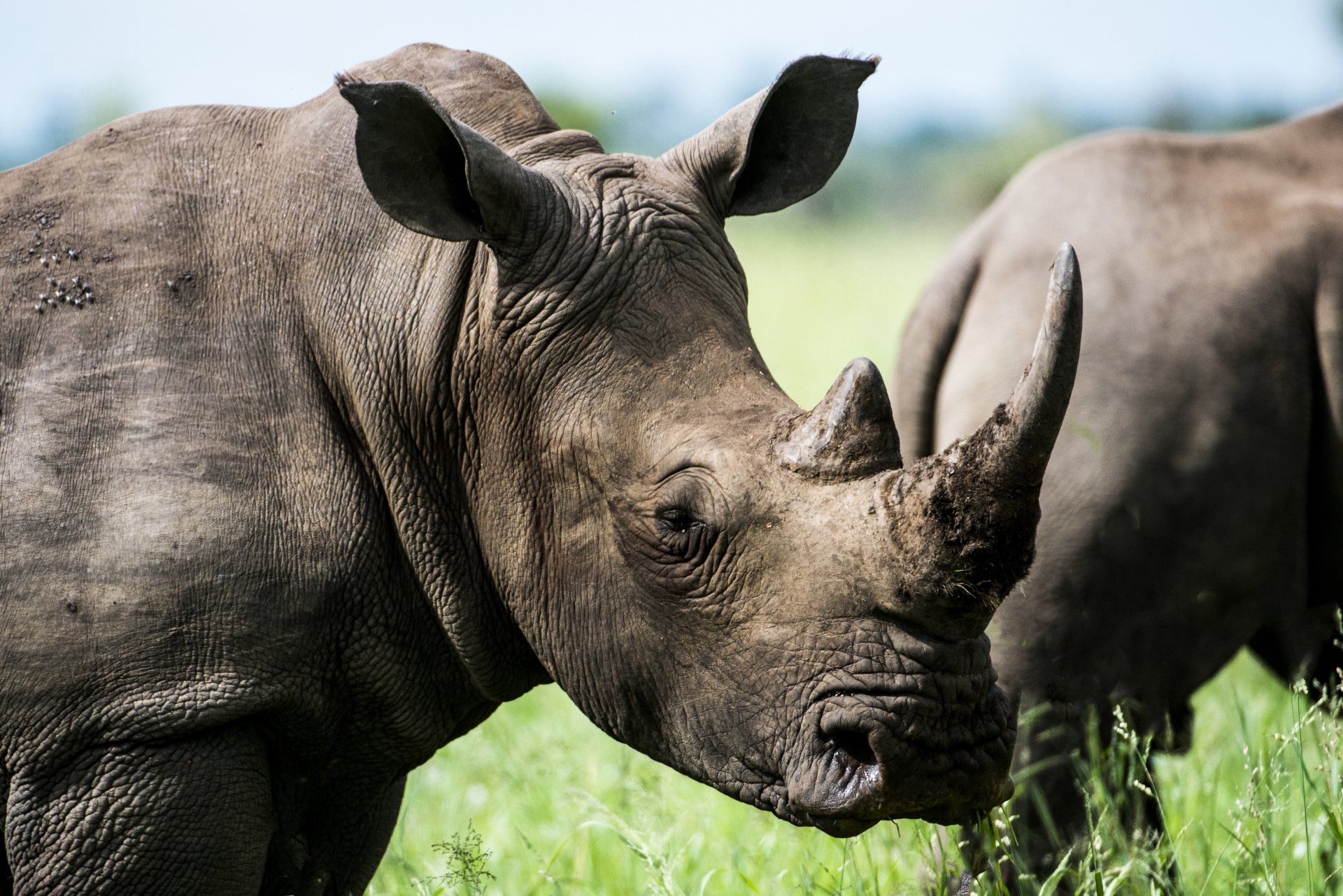
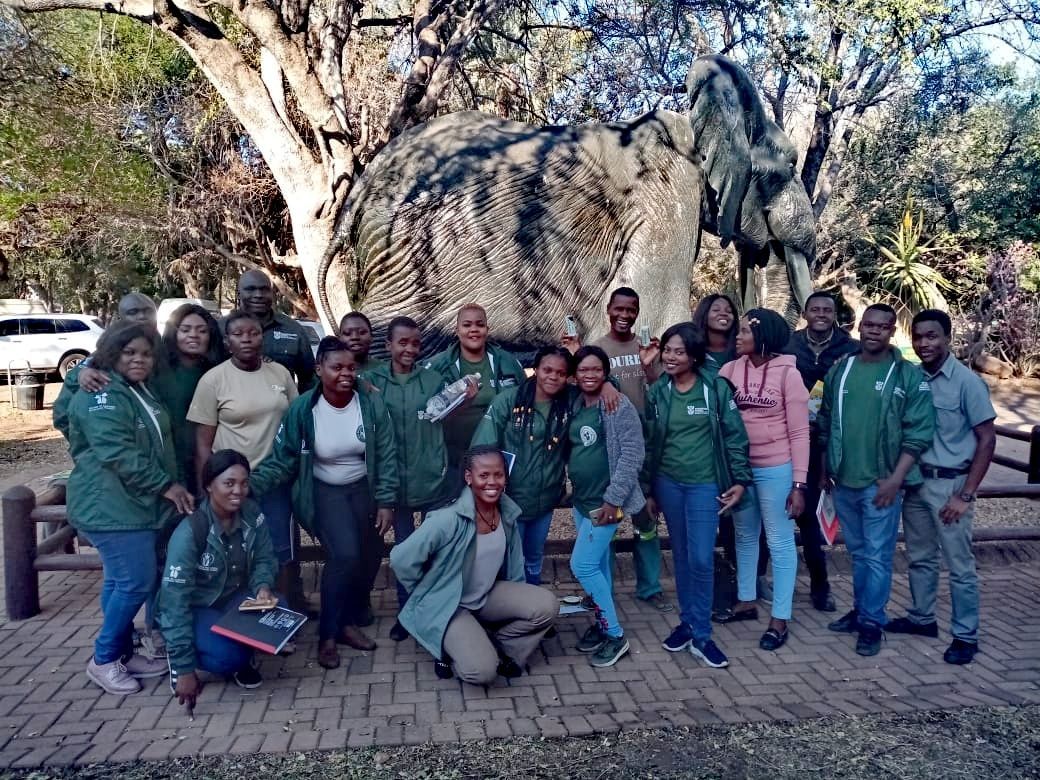

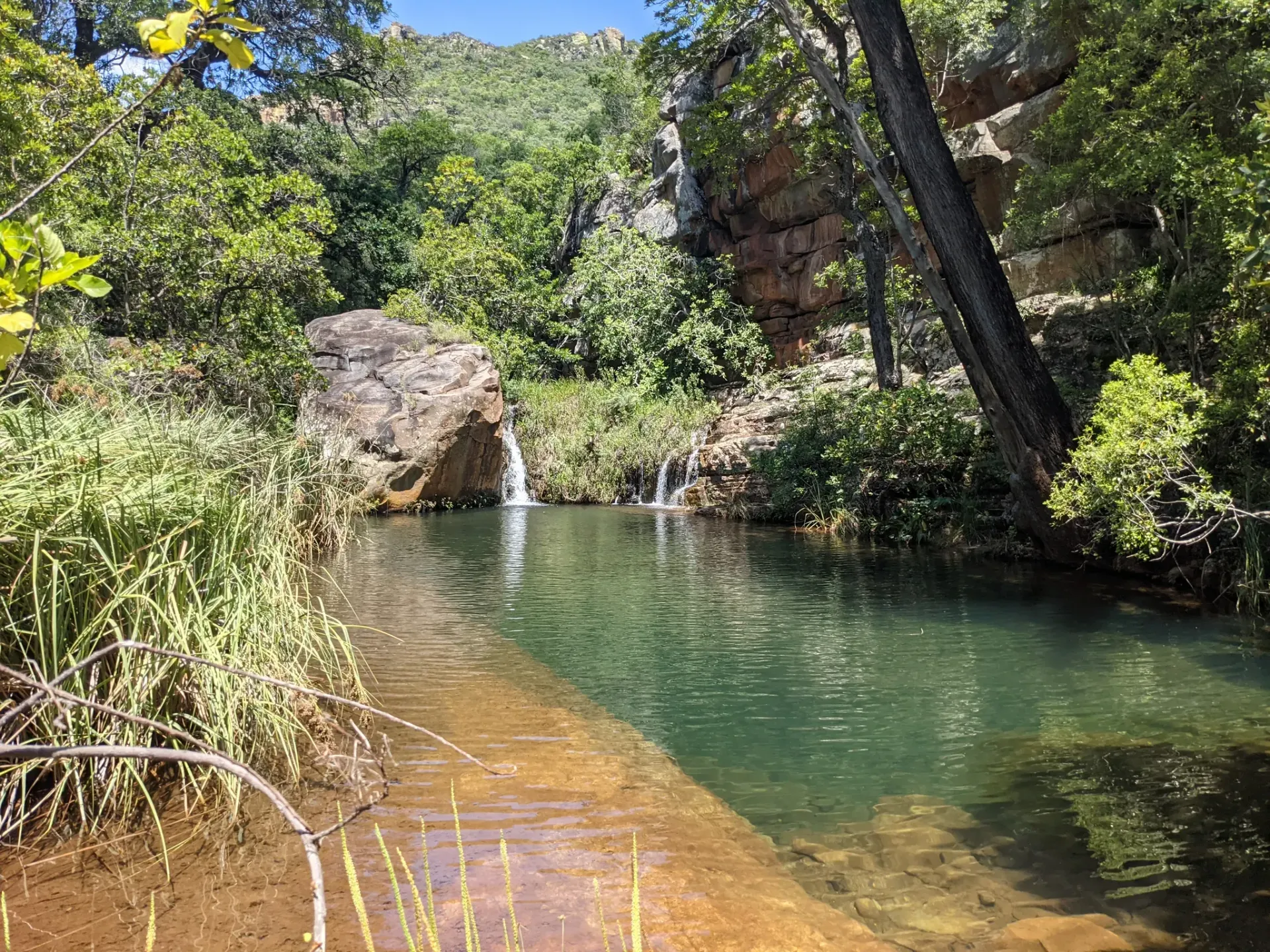

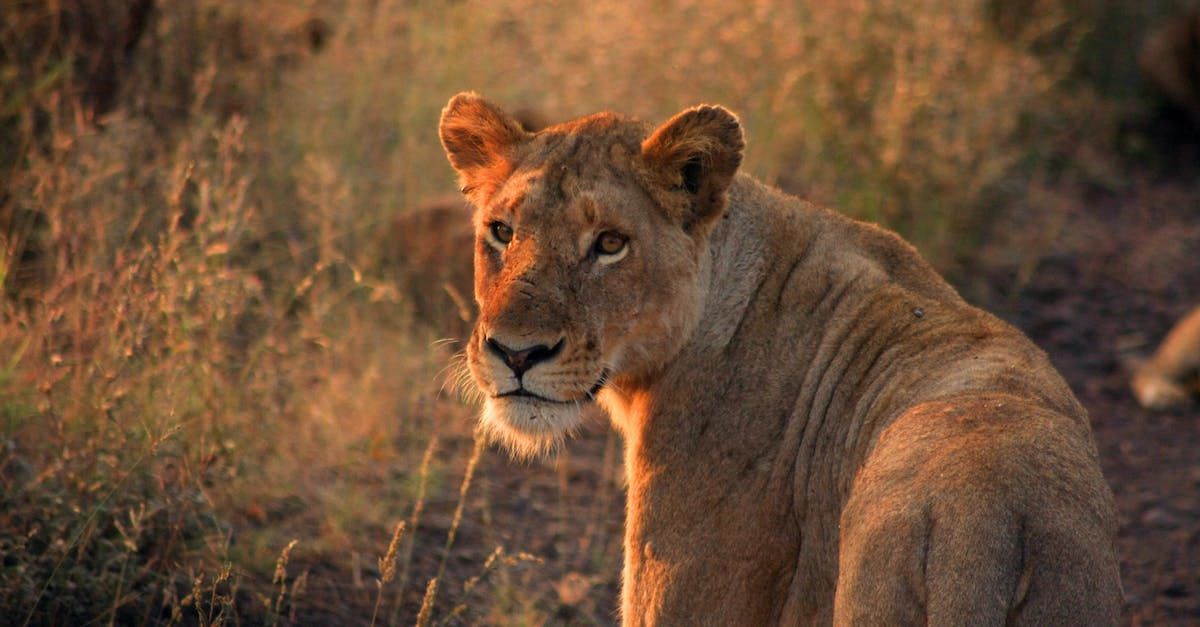

Hoedspruit Articles




